Advisor for Finance Salman Shah chaired a meeting in Karachi focusing on the need to create an enabling environment, inclusive of a financing mechanism, for the development of infrastructure in the country. There is no doubt that the country is sorely deficient in infrastructure facilities, both physical as well as social, ranging from roads, railways, ports, energy, water resources, hospitals, schools to clean drinking water - deficiencies that would require a significant amount of resources, not available at either the federal or the provincial governments level.
Therefore, the need for funding from sources outside the government takes on validity; a need that was identified in the meeting with reference made to two specific proposals, namely, the establishment of a public-private facility as well as issuance of municipal bonds.
A public-private partnership in the form of a corporate authority dedicated to meeting the present day requirements of infrastructure would be a step in the right direction. However given the substantial infrastructure needs of the country this must be supplemented by the issuance of bonds.
Recalling that the State Bank Governor, Dr Ishrat Hussain, while addressing the 2005-Pakistan Investor Forum, also referred to the launch of long term bonds in the US market, of ten years as opposed to the usual five years, one would assume that bonds as a funding source, reflecting investor support, are now an option available to the present economic managers, be it for meeting the infrastructure needs of the country or for some other purpose.
While no mention was made of the rate of return on the proposed bonds, a key element of the success of these bonds, yet it is fair to assume that the rate of return on most physical infrastructure facilities is high, if, that is, the pricing of the facility is allowed to have the crucial component of cost recovery.
Thus bonds are an economically feasible way to generate funding for meeting our infrastructure needs with an in-built mechanism of repayment, if the rate of return is appropriate and the pricing of the completed facility left to market forces.
However prior to accessing funding sources, Shah was informed, the government must first ensure a legal and regulatory framework that would attract private investment, domestic and foreign, to the development of infrastructure in the country. The passage of laws and regulations is relatively easy for a government, with their implementation the main stumbling block. For instance at present there are lacunae in the registration of legal documentation and land titles.
The system needs to be computerised to make it transparent and insulate it from frauds. The provincial governments, the tier of government that is responsible for maintaining land records continue to ignore this need thus making house mortgage financing by banks and financial institutions a non-starter. The federal government is, in turn, reluctant to price infrastructure facilities according to the market dictates for political reasons. And given the rise in poverty levels in recent years this reluctance has been visible in the pricing of most infrastructure facilities.
In the context of Pakistan it is also pertinent to note that law and order concerns remain a serious impediment to all investment. Thus there is a need to tackle all these related issues before any infrastructure development can take place in the country.
What has been a source of serious concern to not only international donors but to domestic consumers as well is the lack of adequate support for maintenance of roads and the communication system. Thus routine deterioration of infrastructure facilities each year lessens their physical life thereby leading to greater pressure for resources on existing facilities. It is, therefore, imperative for the government to ensure that adequate allocations are made each year to ensure maintenance of infrastructure facilities.
BR100
15,115
Increased By
28.1 (0.19%)
BR30
43,048
Increased By
175.6 (0.41%)
KSE100
149,493
Increased By
257.8 (0.17%)
KSE30
45,518
Increased By
11.6 (0.03%)














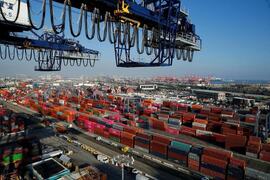
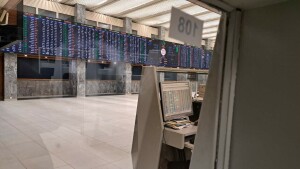

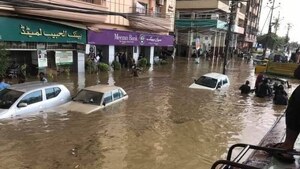

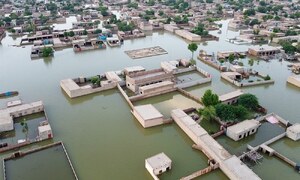
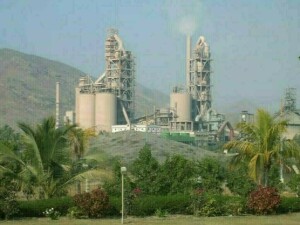


Comments
Comments are closed.